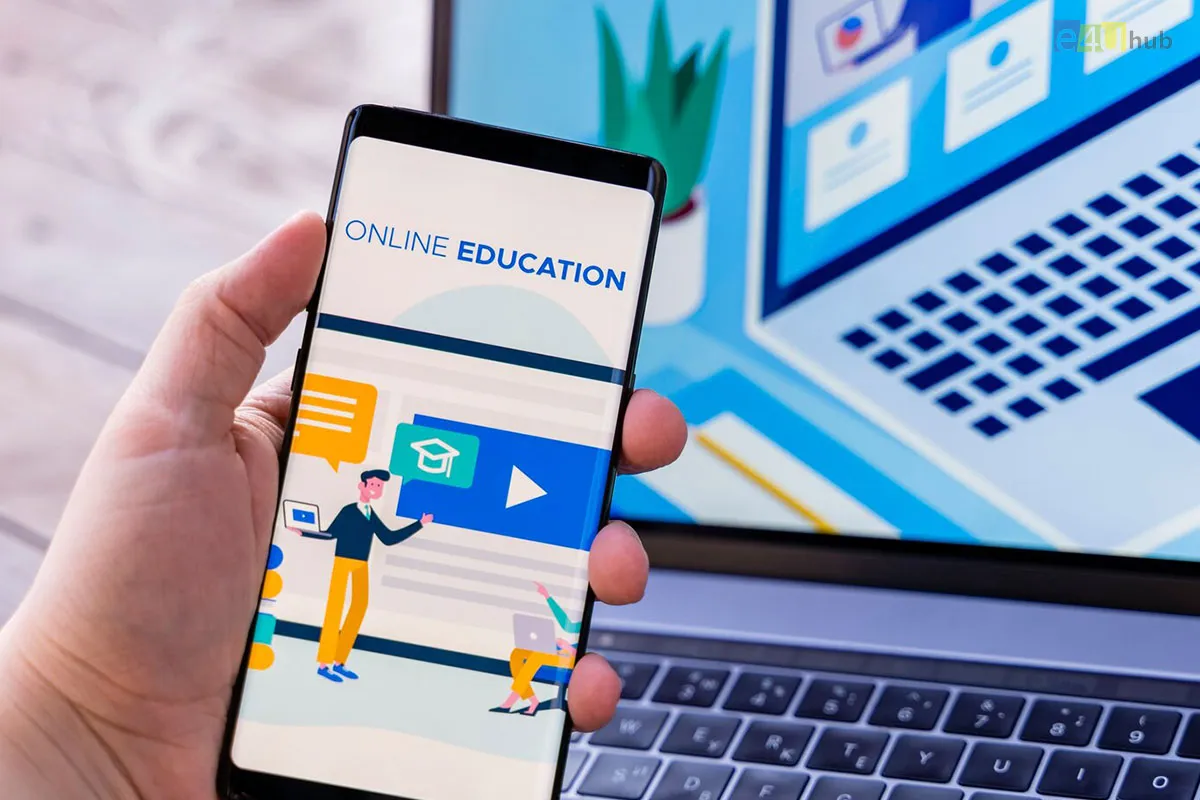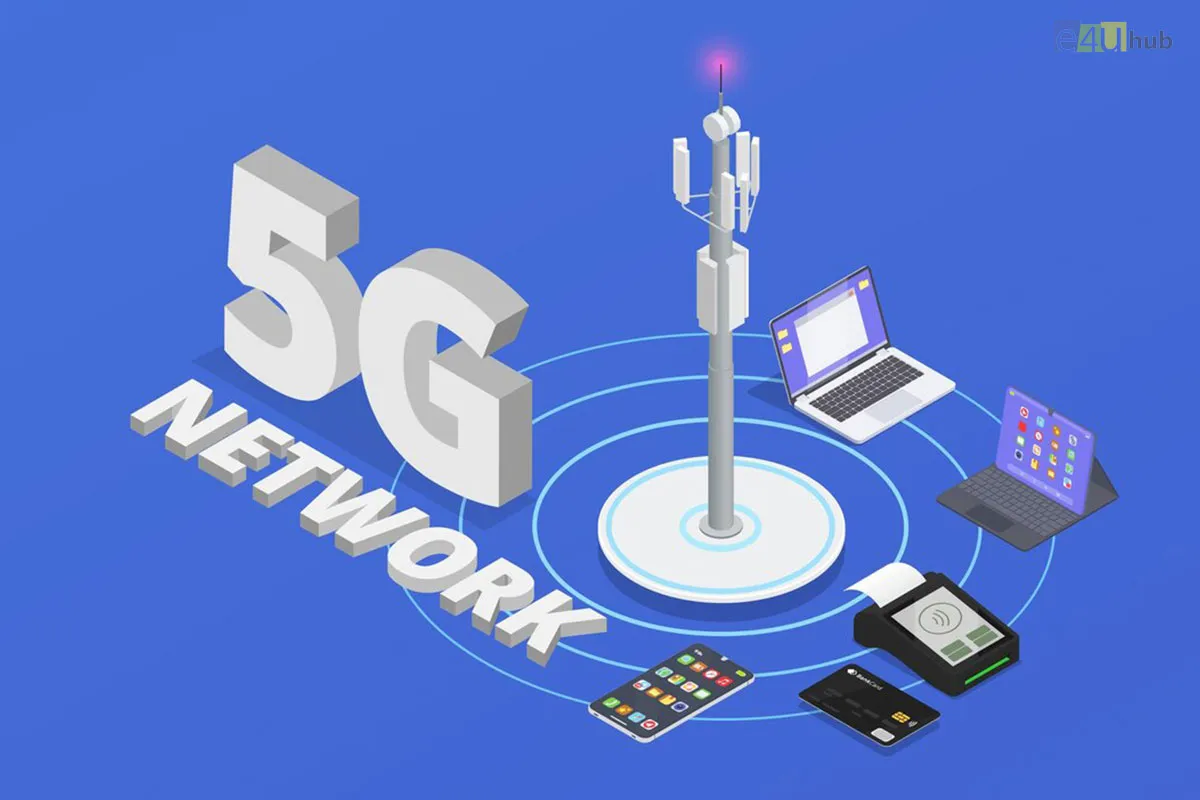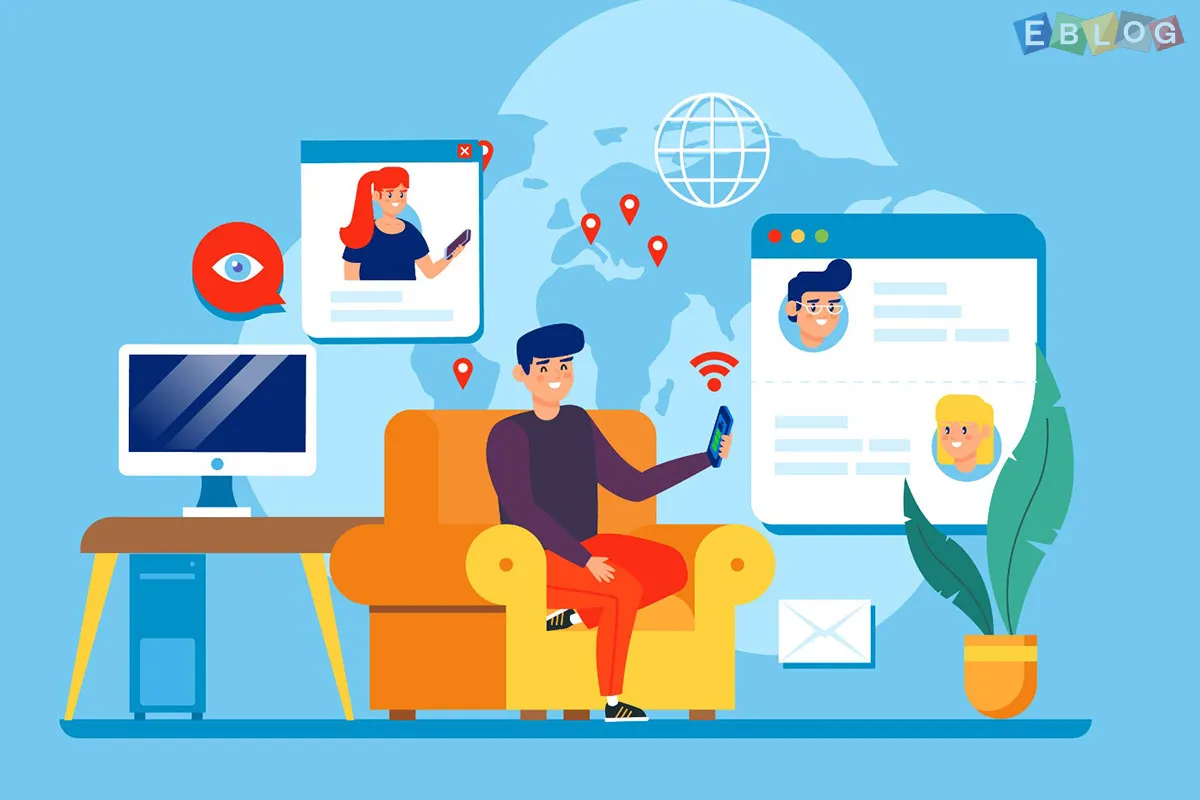
How good are mobile apps for learning
- 22 Oct, 2023
- Tech
- 396 Views
- 0 Comments
Mobile apps can be highly effective tools for learning, but their effectiveness depends on several factors, including the quality of the app, the learner's engagement, and the subject matter being taught. Here are some advantages and considerations regarding mobile apps for learning:
Advantages:
1. Accessibility: Mobile apps make learning accessible anytime, anywhere, as long as there is an internet connection. This flexibility is especially beneficial for people with busy schedules.
2. Engagement: Well-designed apps often incorporate interactive elements, multimedia, and gamification techniques to keep learners engaged and motivated.
3. Personalization: Many apps offer personalized learning experiences, adapting the content and pace to the individual learner's needs and progress.
4. Variety of Content: There are apps available for a wide range of subjects and skills, from languages and math to coding and art, catering to diverse learning preferences.
5. Feedback and Progress Tracking: Apps can provide instant feedback on quizzes and assignments, allowing learners to track their progress and identify areas for improvement.
6. Collaboration: Some apps facilitate collaborative learning experiences, allowing learners to interact with peers, join discussion forums, or work on group projects.
7. Cost-Effectiveness: Compared to traditional classroom-based or offline courses, many mobile apps offer high-quality education at a fraction of the cost.
Considerations:
1. Quality Matters: Not all apps are created equal. The effectiveness of a learning app depends on the content's accuracy, the developers' expertise, and the quality of user experience design.
2. Self-Discipline: Learning through mobile apps requires self-discipline. It's easy to get distracted by notifications or other apps, so learners need to stay focused.
3. Lack of Human Interaction: Some subjects, especially those requiring deep discussions or nuanced feedback, might suffer in purely app-based learning environments due to the lack of direct interaction with instructors or peers.
4. Limited Internet Access: While many apps require an Internet connection, not all learners have consistent access, which can be a barrier to learning.
5. Monotony: If not designed well, apps can become monotonous, leading to reduced engagement over time.
6. Data Privacy and Security: Learners must be cautious about the data they share with apps, ensuring they are from reputable sources and prioritizing user privacy and security.
In summary, mobile apps are powerful tools for learning, but learners should choose high-quality, reputable apps, maintain self-discipline, and supplement their learning with other resources and human interaction when necessary for the best educational experience.















Leave a Reply